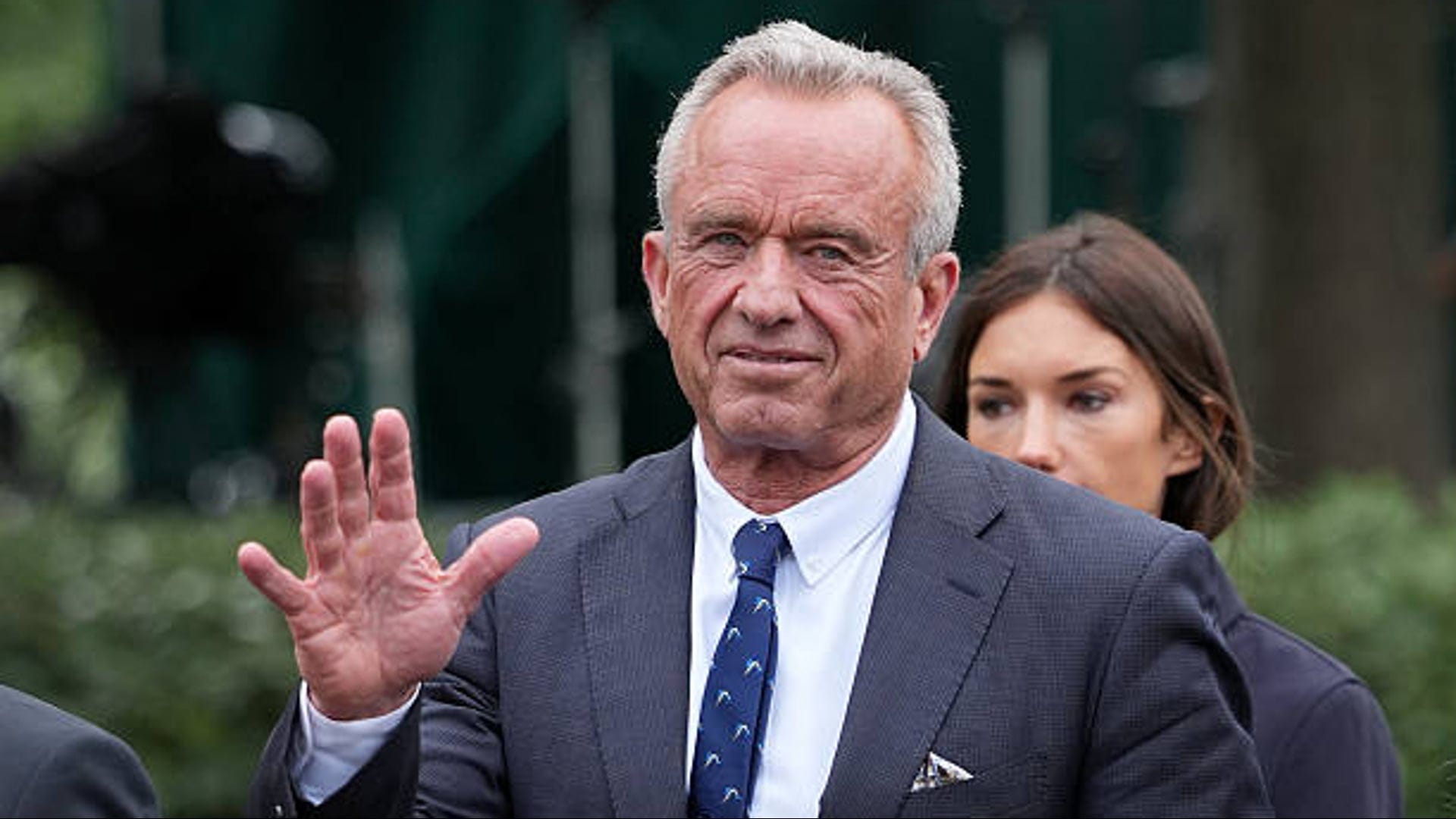RFK Jr. dismissing experts creates deadly vaccine hesitancy | Opinion
Kennedy has long planted the seeds of vaccine hesitancy, despite evidence that contradicts his falsehoods. Now we are once again seeing more children succumb to vaccine-preventable diseases.

Since 1964, pediatricians have looked to the Advisory Committee on Immunization Practices to provide evidence-based recommendations regarding childhood vaccines. We represent more than 80 years of experience as pediatricians in Nashville and have benefitted from ACIP throughout our careers.
On June 9, our clinic days were disrupted by the news that Health and Human Services Secretary Robert F. Kennedy Jr. had dismissed all 17 ACIP members. These members are academic clinicians, epidemiologists, immunologists and infectious disease experts. Their service was driven not by money or fame, but by a commitment to the collective health of Americans.
ACIP meetings were transparent, being broadcast live and then archived on YouTube, while agendas were posted well in advance of each meeting. The public could request to ask questions at meetings as well as review slide decks that were presented.
ACIP worked to avoid member conflicts of interest
Kennedy's implication that he was reconstructing the committee to prevent conflicts of interest is far from the truth. In order to preserve objectivity and limit corporate influence on their recommendations, ACIP members already disclose any potential conflict of interest in advance.
If a member has a potential conflict, they are not permitted to participate in vaccine discussions, or to vote on that vaccine or any vaccine that a company might bring before ACIP – even if that member didn't work on that specific vaccine.
Kennedy also implied that ACIP only ever adds vaccines to the schedule, acting as a rubber stamp for industry. But ACIP recommendations came after analyzing evidence and weighing the benefits and risks.
The 1972 decision to stop vaccinating for smallpox was a significant and very well-informed move, reflecting an in-depth understanding of both the science and the broader public health context.
The 2016 recommendation to reduce the number of doses for the HPV vaccine also shows that ACIP actively engaged in fine-tuning vaccination schedules based on the latest research, rather than to increase industry profits.
It's crucial for these bodies to make decisions based on science, not external pressures or adherence to a certain ideology.
Kennedy creates vaccine hesitancy that lead to childhood diseases
As pediatricians, we have seen patients die from vaccine-preventable diseases. Our pediatric forefathers cared for children in iron lungs due to paralytic polio.
Kennedy has planted the seeds of the anti-vaccination movement for more than two decades, despite evidence that contradicts his falsehoods. Due to the vaccine hesitancy and refusal he promotes, we are once again seeing more children succumb to vaccine-preventable diseases in America.
So far in 2025, we have had pediatric deaths from measles and whooping cough, not to mention more than 200 deaths from influenza. Those numbers will only escalate in the future.
Kennedy's decision to eliminate trustworthy members of the ACIP fundamentally changes the nature of this committee. Institutional memory and the trust of physicians were obliterated in one fell swoop. We hold little hope that HHS can put a new trusted committee together in time for the next scheduled ACIP meeting Jun 25-26, given Kennedy's preference for conspiracy theorists and other unqualified people.
Through our careers as community pediatricians, we have been blessed by the opportunity to partner with wonderful families who desire what is best for their children. We fervently hope this relationship will be the most important factor when families make decisions regarding vaccinating their children.
We call on our elected officials to reinstate the ACIP members Kennedy dismissed and to empower them to continue their work to limit damage from infectious diseases.
Doing so will actually help make Americans healthier.
James Keffer, MD; Chetan R Mukundan, MD; Jill Obremsky, MD; Elizabeth Triggs, MD; and David Wyckoff, MD, are local pediatricians practicing in different settings around Nashville. This column originally appeared in The Tennessean.